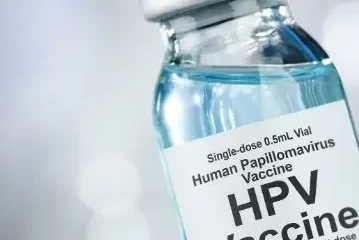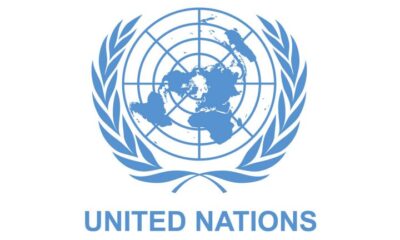News
WHO Warns Against Abuse Of Antibiotics

The World Health Organisation has warned that the misuse of antibiotics is denting their efficacy and spawning resistant bacteria which could be responsible for 10 million deaths worldwide by 2050.
This warning came on Thursday, following a survey on the use of antibiotics conducted by the WHO.
WHO’s European chapter conducted a study that showed that antibiotics were prescribed for things like the common cold (24 percent of cases), flu-like symptoms (16 percent), a sore throat (21 percent) and cough (18 percent).
The survey was carried out in 14 countries, mostly in Eastern Europe and Central Asia.
“While AMR (antimicrobial resistance) is a natural phenomenon, the development and spread of superbugs are being accelerated by the misuse of antimicrobials, rendering infections more challenging to treat effectively,” a statement said.
The WHO’s European region comprises 53 countries, including several in Central Asia.
“All countries in our region have regulations in place to protect precious antibiotics from misuse… Enforcing these regulations would solve most antibiotic misuse,” Robb Butler, director of WHO Europe’s Division of Communicable Diseases, said in a statement.
WHO warned that without immediate intervention, resistance to antimicrobials which includes antibiotics could lead to up to 10 million deaths a year by 2050.
It cited incorrect prescription as a “cause for concern,” adding that in all the 14 countries, a third of the roughly 8,200 people surveyed had taken antibiotics without a medical prescription.
In some countries, over 40 percent of antibiotics were used without medical advice.
In contrast, an equivalent survey conducted in the European Union in 2022 showed that only eight percent of respondents took antibiotics without a prescription.
The WHO also noted that there were severe gaps in people’s knowledge about antibiotics, meaning they could be taking antibiotics for the wrong reason without realising it.
“This research clearly shows the need for education and awareness raising,” Butler said.










